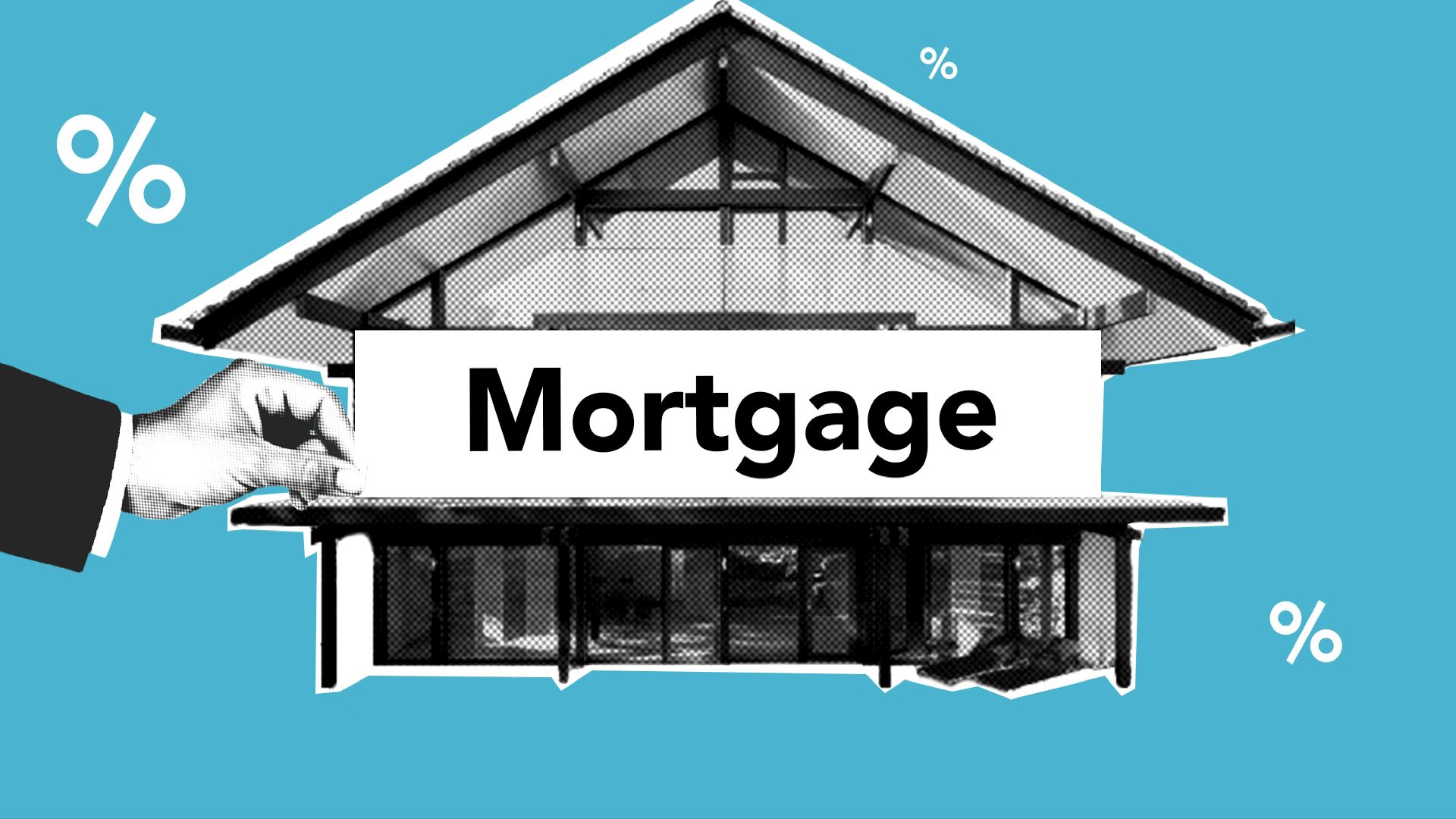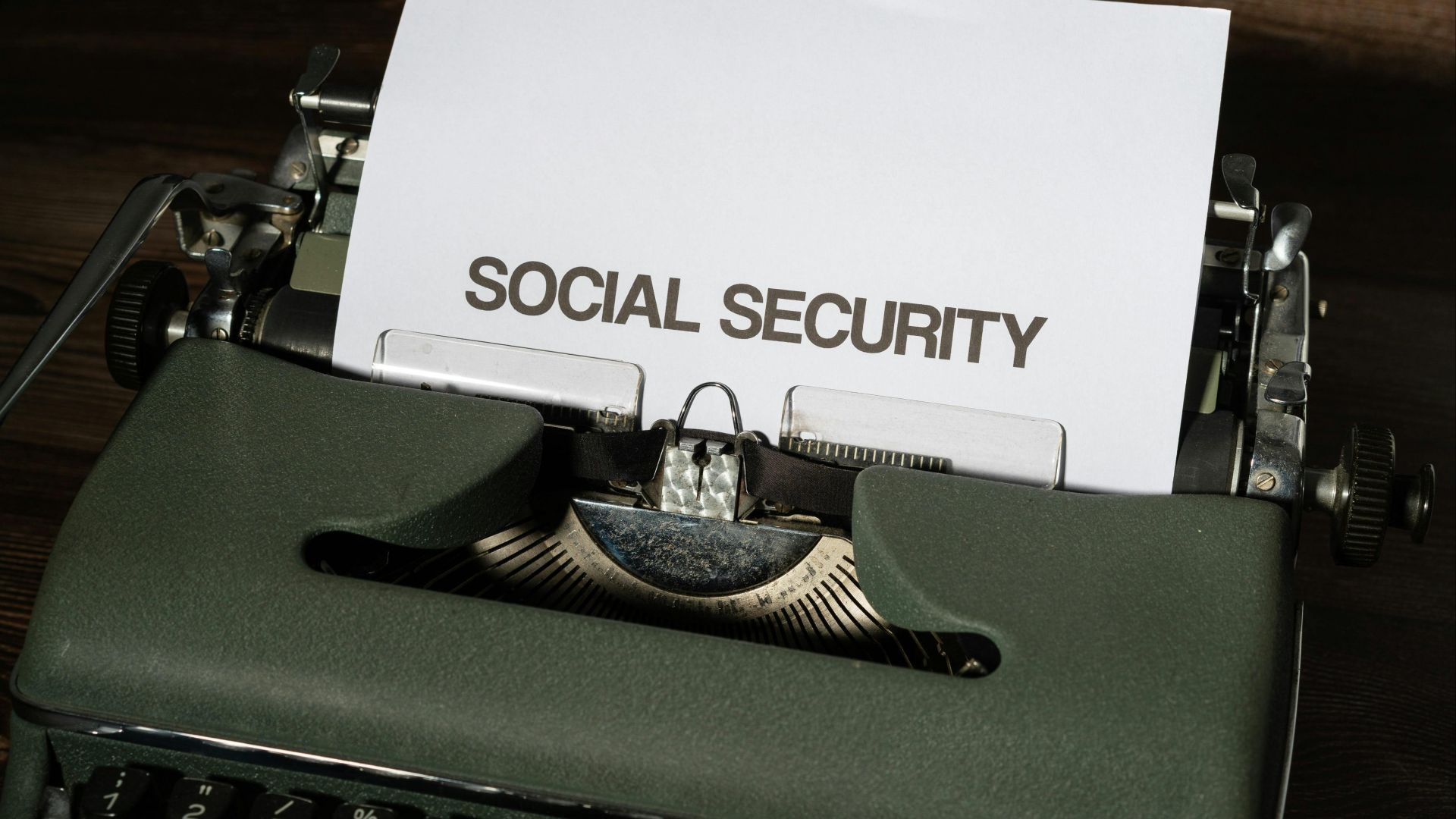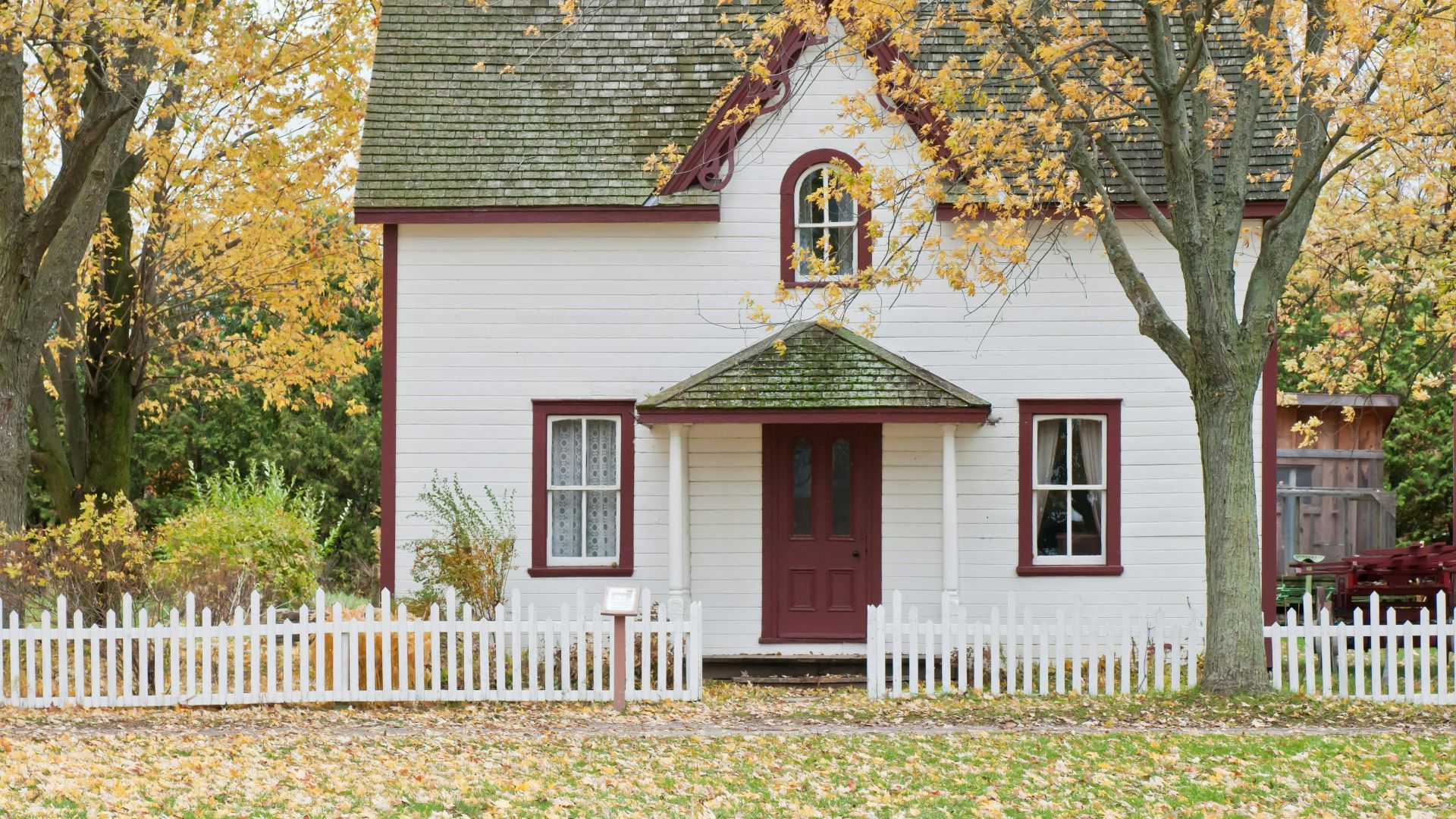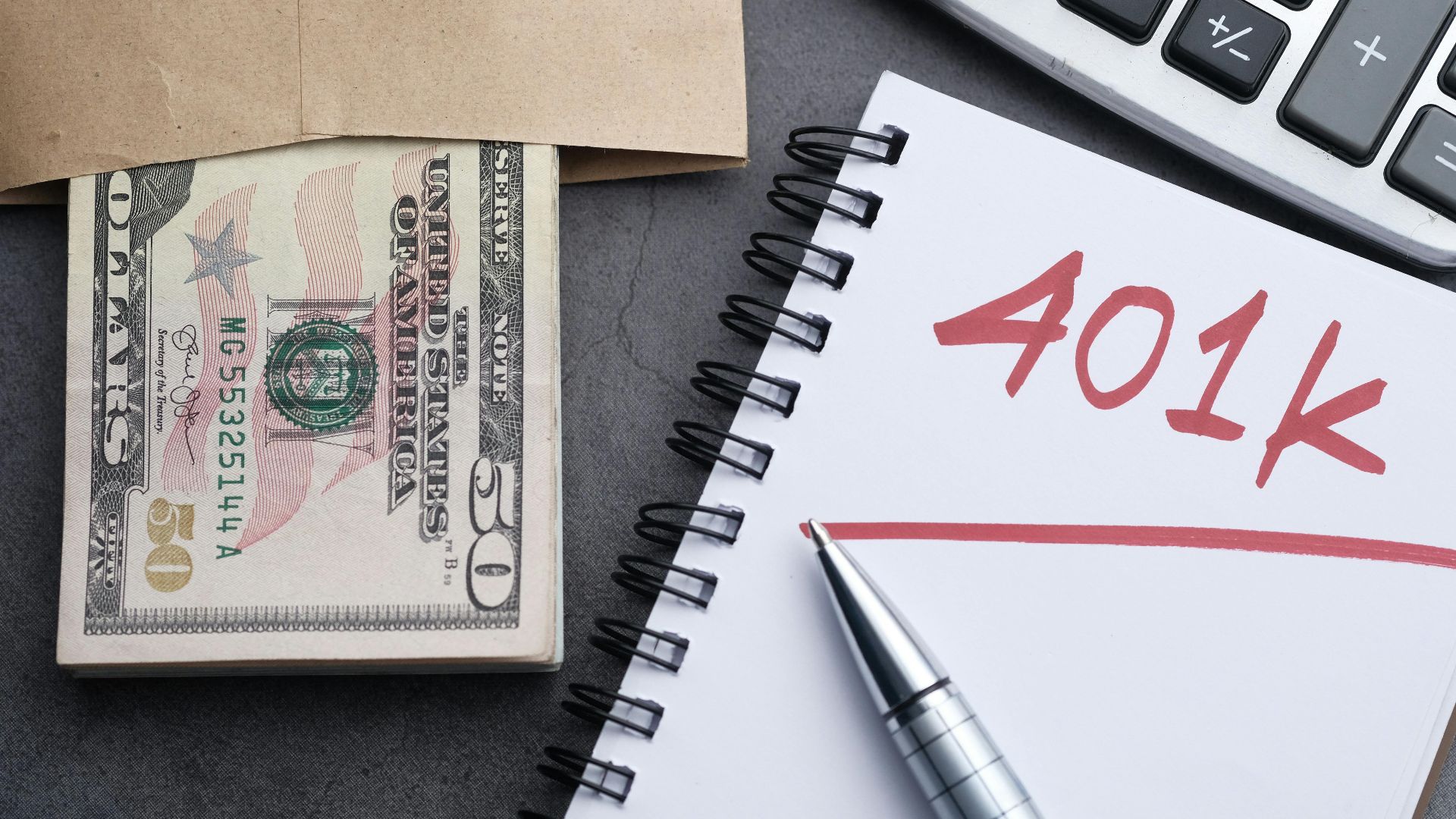Making These Money Mistakes In Your 50s Could Cost You As You Get Older
Your 50s are when you start thinking about what you want retirement to look like or where you want to travel. You're likely on your way to paying off your house (or have already done so), your kids have flown the nest, and you're starting to set yourself up for retirement. If you want to sail off blissfully into the sunset of retirement, you must avoid these money mistakes in your 50s.

Mistake: Neglecting Insurance
Insurance is there to protect you in a worst-case scenario; it's why you must have homeowner's insurance. But if you've neglected to purchase health or life insurance for yourself, you may be eating the cost of that as you age. Maybe you've got health benefits through your job, but when you retire in 10 years, those benefits will retire with you.
Look At Life Insurance Options
Life insurance is there to protect your family when you pass. Despite only being in your 50s, the sooner that you begin contributing to a life insurance policy, the better off your family will be, should you pass away unexpectedly. Of course, we're all hoping to live long and happy lives, well into retirement, but a life insurance policy is a critical part of retirement planning.
Mistake: Having No Retirement Savings
Frivolous purchases are for the younger people. Given that you'll be retiring in 15-20 years, now is the best time to start saving for retirement. If you turned around twice and suddenly you were 50 without a retirement savings plan, you must start saving sooner, rather than later. Here's where to start!
Open A Roth IRA
You have a few options when it comes to retirement accounts, but a Roth IRA is the far superior one! It allows you to make tax-free contributions of $8,000 per year. Any growth that happens within a Roth IRA is tax-free, as are any withdrawals you make. This makes a Roth IRA the perfect individual retirement account.
 Photo By: Kaboompics.com, Pexels
Photo By: Kaboompics.com, Pexels
Put Away Money From Every Paycheck
As you're still (hopefully) receiving a paycheck for the next 15 or 20 years, it's time to put away money into that Roth IRA with every paycheck. It doesn't have to be a lot, but the sooner you start building it, the sooner you can start saving for your eventual retirement. It's much easier if you automate the payment, so you don't have to think about it.
Mistake: You Haven't Invested Any Money
Investing your extra savings may seem like a scary prospect, but it's actually a fantastic way to grow your money year over year! You can choose low-risk investment options like bonds, Treasury bills, or low-risk ETFs, but if you're a total newbie with investing, you really should start now.
Speak With A Financial Advisor
If you're over 50 and haven't started making any medium- to long-term investments yet, then there's no time like the present. Speak with a financial advisor to work out a medium- to long-term investment plan that makes sense for your financial goals, saving capabilities, and what you want to invest in.
Mistake: Not Budgeting
If you've been flying by the seat of your financial pants for many years and haven't a clue where most of your money goes, then it's time to make a serious budget. Budgeting may help you see expenses you weren't even aware of. At the very least, budgeting will provide you with a financial snapshot of what you spend money on.
Create A Detailed, Zero-Based Budget
You can do this on paper, through an app on your phone, or an Excel spreadsheet on your computer. Look back at your last month's expenses. List them all, from fixed expenses (like a mortgage or car payments) to optional expenses (like that new watch you just bought), then give every dollar a purpose. With a zero-based budget, your bank account (on paper) should hit $0. By doing this, you'll have nothing left to spend, but you will be able to see where your money goes.
Mistake: Ignoring Emergency Savings Accounts
Just because an emergency hasn't happened to you yet, doesn't mean that it won't! So many people over the age of 50 don't have any emergency savings. While we're not blaming you for that (we get it, saving is tough in this economy!), it's definitely a huge mistake that you need to work on. Here's how to start building an emergency fund.
Create A Separate Emergency Fund Bank Account
Far too often, people will use their traditional savings account or even their regular checking account as their emergency fund account. No bueno! Open a separate bank account for your emergency fund (preferably at a different bank than your other accounts). This should be an easily accessible account that grows some interest every month, but has zero risk attached to it.
Fund The Account With $1,000
Your first step is to save $1,000. This is known as a "starter emergency fund," which isn't supposed to be enough to replace a lost job or the furnace for your home, but it is supposed to be enough so that you're not in crisis if your car's alternator goes. This should take you about one to two months. Sell some stuff, eat the same food again and again and commit to saving $1,000.
Then Build Three To Six Months Worth Of Expenses
Once you've saved that $1,000, then it's time to build your three to six months worth of expenses. Sure, you're not expecting to lose your job, or to have health issues that require you to take time off work (at a reduced salary), but things happen. So, if you build up three to six months worth of expenses in a fully-funded emergency fund, you'll be set to tackle those problems. Check your budget to see what your expenses look like every month, then multiply those by four or five.
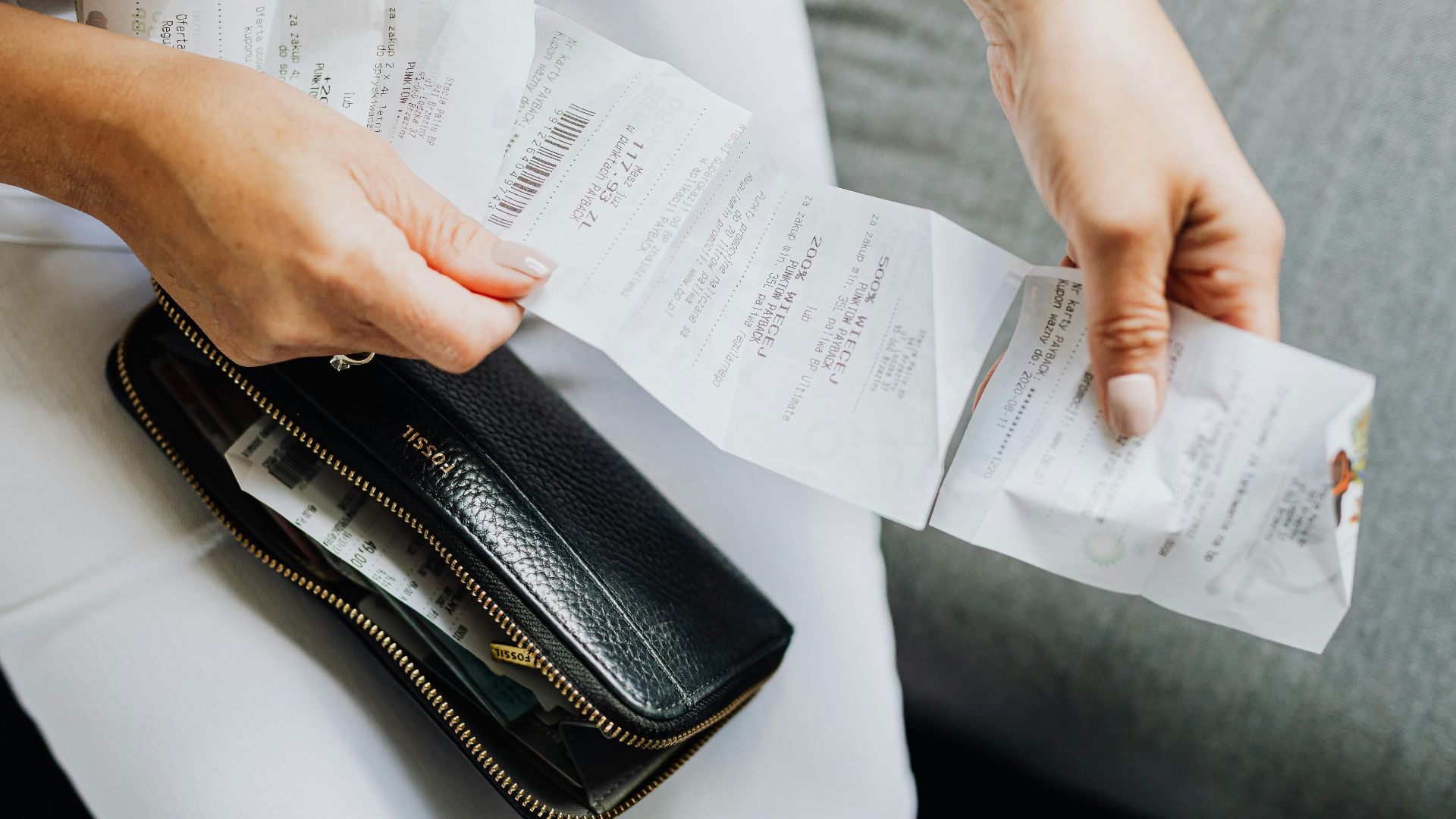 Photo By: Kaboompics.com, Pexels
Photo By: Kaboompics.com, Pexels
Mistake: Not Starting Your Retirement Planning
We'll start by saying that your emergency fund is not your retirement fund. When we say "retirement planning," we mean begin to plan how you'll spend your retirement savings. Even if you're not going to retire until you're 65, it's a good idea to start thinking about what your retirement financial picture will look like.
Plan Out A Retirement Budget
Using your newly-opened Roth IRA and your monthly or bi-weekly contributions, you should be able to map out what your monthly incoming funds will be (at a bare minimum, not including other investments), then map out what your monthly retirement expenses will be. This could be a basic retirement budget that you add to as you get closer to retirement and (hopefully) reduce your monthly expenses significantly. Which brings us to...
Mistake: Not Paying Off Your House Before You Retire
House payments are one of the last major expenses most people have in their lives. It may be your biggest outgoing expense when you're in your 50s. It's the last big debt that you should attack with a vengeance, if you're not on track to pay off your house before you retire.
Come Up With A Payment Plan That Attacks That Mortgage Payment
The last thing you want to do is have a large mortgage payment hanging over you in your twilight years. If you don't think you'll be able to pay off your house before you retire on your current income, then it's time to make some small sacrifices now to be able to put more money into your mortgage payment. Maybe skip the annual vacation with the family for a year and pump that money toward your mortgage instead.
 lenderline lenderline, Wikimedia Commons
lenderline lenderline, Wikimedia Commons
Mistake: Not Building A Work-Life Balance
We get the hustle while you're in your 20s, 30s, and 40s, but your 50s is when you should really start to slow down a little. Not only is living to work and working to live a horrible way to live your life, but not having a healthy work-life balance can be damaging to your long-term health outcomes.
Reduce Your Schedule, If You Can Afford It
If—and only if—you can afford it, should you reduce your work schedule to part-time hours. Doing this will give you more time to pursue things you love, spend time with your grandchildren, children, and/or significant other. If you can afford to spend less time at work, now is a good time to start the process of going part-time.
Mistake: Not Utilizing Your Social Security Properly
As you start to look ahead from your 50s, you need to ensure that you understand how to use your social security benefits properly. You can begin receiving your social security benefits at the age of 62, but most people wait until they're 65 or 70. At age 70, your social security begins automatically.
Don't Take Out Your Social Security At 62 Unless Necessary
Unless you have enough cash to last you until you pass away (potentially for the next 25 years), taking out your social security when you turn 62 isn't a great idea. You'll receive the minimum payment at that age, whereas if you wait until you're 70, you'll receive a much higher benefit amount.
Mistake: Carrying High-Interest Debt
High-interest debt is the enemy of savings. As you enter your 50s, you'll want to set yourself up to be debt-free as soon as possible. Now is not the time to be taking on a brand new car payment unless absolutely necessary, or to be utilizing credit cards. Now is the time for debt management to set yourself up to retire debt-free.
Use The Debt Snowball Method To Pay Off Debt Faster
There are many debt repayment methods that you can use to pay off debt. Many financial experts prefer the debt snowball method over the debt avalanche method, as the former has you pay off the highest-interest debt first, then use that extra money to pay off other debts faster. Carrying high-interest debts into your twilight years will mean less money for retirement.
Mistake: Accumulating Credit Card Debt
Now is not the time to be utilizing credit cards and accruing credit card debt. Credit cards are one of the fastest-growing debt vehicles and you don't want to be wasting your retirement savings paying down some of the highest-interest debt in the country.
Avoid Using Credit Cards
If you struggle to handle credit cards effectively, then it's time to adopt an attitude of, "If I can't pay for it with cash, I don't buy it". Once you've paid down your highest-interest credit card debt, it's time to cut up that card and never look back. Avoid giving in to the temptation to use credit cards for purchases.
 Bogdan Hoyaux / European Commission, Wikimedia Commons
Bogdan Hoyaux / European Commission, Wikimedia Commons
Mistake: Delaying Pension Planning
"I'll do it next year," might be everyone's favorite saying. Particularly when it comes to their finances. But, delaying your pension planning until you're in your 60s might not be a luxury you have. You never know what life has in store, so you're better off starting to plan for your retirement and pensions now, while you're relatively young and in your 50s.
Revisit Your Pension Plans At Work & Home
If you haven't looked at your pension in many years, now might be a great time to check back with your pension plan at work and see if there's anything that's changed over the last few years. Does your projected pension earnings still cover your basic needs at home, or do you need supplement with other income?
Mistake: Failing To Diversify Your Investments
While sorting out the investments that will put you on track for a happy retirement, you're going to want to diversify those investments as much as possible. Putting all of your eggs into one basket is never a good idea, particularly if those investments are high-risk investments like cryptocurrency.
Speak With An Investment Advisor About A Diverse Investment Portfolio
Even if you have been "all in" on a few stocks over the last few years, as you get closer to retirement, it may be time to consider diversifying your investment portfolio. Speak with an investment advisor about baskets of investments, like exchange-traded funds.
Mistake: Holding Onto The House
We all love the home we bought and built with our significant other—maybe it's the one you raised a family in. It can be really hard to let that house go, but sometimes holding onto your home as you near retirement isn't the smartest financial move. Maybe you're not quite at the stage where you can sell yet, but it's something to consider over the next 10 years or so.
Consider Selling & Buying Smaller Or Renting
If you've come to the realization that you have far too much house for one or two people, and your mortgage is paid off, it might be time to consider downsizing your home into a small apartment, or buying a smaller house. This will significantly reduce your expenses in retirement and give you the equity that you've built up in the current property to use against the price of the smaller home, or pay for your rental property for many years.
Mistake: Not Prioritizing Your Own Financial Needs
While helping others out when you have the cash to do so is very generous, your generosity shouldn't come at the cost of your own financial needs. Loaning your children a small amount of money to help them fix their broken-down car is one thing, but doing so at the expense of your retirement savings or emergency fund is a huge no-no.
 Photo By: Kaboompics.com, Pexels
Photo By: Kaboompics.com, Pexels
Put Yourself First
This is your retirement savings money. While you may have other investments and other irons in the fire, taking any money out of your retirement to fund someone else's short-term needs or wants is a bad idea. Put yourself first. Help, if you must, but ensure there's a plan to repay your generosity ASAP.
Mistake: Giving In To Lifestyle Creep
We've all got friends in their 50s who seem to have it all: the nice house, the cars, the annual vacations to somewhere warm. You may well be at the pinnacle of earning in your profession by the time you're 50, so it's easy to feel the pressure to attain the luxury life and give in to "lifestyle creep".
A Luxury Life Is Temporary, Retirement Funds Will Need To Last Decades
The life of luxury is temporary, meanwhile your retirement funding will need to last you for at least 10 years, possibly between 15 and 20. While the saying that "you can't take it with you," is true, you don't want to sacrifice a good retirement for living a luxurious life in your 50s. Think long-term, not short.
How Much Should You Have Saved By Age 50?
Saving for retirement is something that you hopefully started doing when you were in your 20s and fresh out of school at your first job. You may even have started earlier than this—if so, that's great! By the age of 50, most financial experts agree that you should have saved between 3.5 and 5.5 times your annual salary for retirement.
You May Also Like:
Ridiculously Expensive Things People Really Bought
Buying A House In 2025: Is Now A Smart Time Or A Financial Trap?
Building Wealth From Scratch: A Step-by-Step Guide For Rookie Investors















